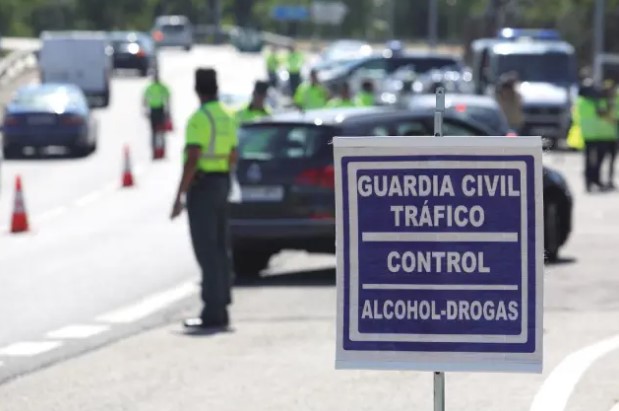The Directorate-General for Transport (DGT) is continuously implementing measures to improve road safety in Spain. In 2024, 1,154 people lost their lives in 1,040 fatal accidents, while another 4,634 were injured. These figures come from the agency’s own data, which has also identified a worrying trend: alcohol is increasingly playing a role in traffic accidents on Spain’s roads.
The DGT has determined that the incidence of alcohol in traffic accidents has increased. Over the past five years, the number of fatal accidents involving alcohol has steadily increased. To combat this alarming trend, the agency has introduced new traffic regulations, including lowering the permissible blood alcohol level, although much work remains.
The DGT has published an infographic summarizing data on traffic accidents between 2018 and 2022 in which alcohol played a role. These figures clearly show that accidents involving this factor have increased, both in terms of fatalities and injuries.
In 2018, there were 225 fatalities in traffic accidents involving alcohol; in 2022, this number rose to 312, representing a 38% increase. Similar increases were seen in both the number of seriously injured and those with minor injuries, indicating that more and more drivers are involved in accidents after consuming alcohol.
According to the DGT, the vast majority of fatal accidents in which at least one driver tested positive occurred at road exits (58%), while head-on collisions accounted for 17% of total accidents. Further revealing data shows that 92% of those involved were men and that 30% of motorcyclists were also under the influence of alcohol.
The agency’s website also features data from reports by the National Institute of Toxicology and Forensic Sciences (INTCF). These show that one in three drivers who died in Spain in 2023 had consumed alcohol. In 2018, only a quarter of drivers had previously consumed alcoholic beverages. Furthermore, it states that almost 30% of pedestrians who died that year were also under the influence of alcohol.




